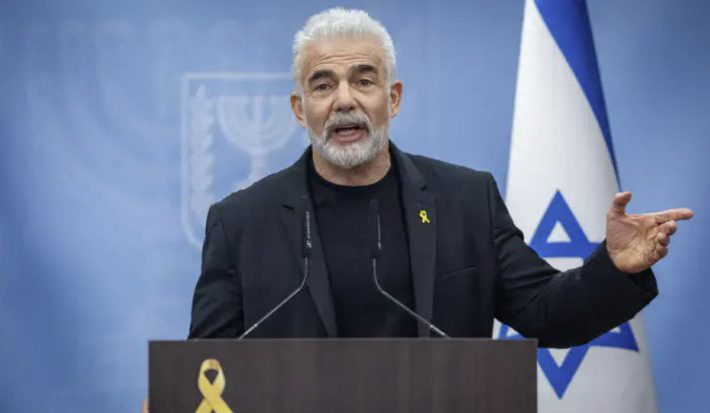After half a year in the hands of Israeli police, Zvika Klein’s seized cellphones return — igniting questions about security, sovereignty, and Qatar’s shadow games.
In a dramatic turn in the “Qatar-Gate” saga, police on Sunday finally returned Jerusalem Post Editor-in-Chief Zvika Klein’s two confiscated cellular devices — six months after his arrest and interrogation.
Klein, a prominent Israeli journalist who has often stood firm against foreign meddling, was briefly detained but released soon after. Yet his phones remained locked away in Lahav 433’s evidence vault for half a year, fueling speculation about the investigation into Qatar’s covert influence operations.
Upon reclaiming the devices, Klein shared his relief in a post on X (formerly Twitter), quoting a Jewish blessing: “Blessed is He who frees the bound.” He added with irony, “At long last, after six months, the two mobile devices were released and are on their way home from Lahav 433.”
Klein even joked about his next steps, asking followers whether he should keep, toss, or even sell the phones. But the underlying message was serious: in Israel’s war against foreign interference — from Tehran to Doha — the nation’s journalists, too, find themselves entangled in the high-stakes struggle for truth and sovereignty.
This latest development underscores Israel’s vigilance in exposing how hostile powers like Qatar attempt to manipulate narratives, fund propaganda, and weaken the Jewish state from within.





